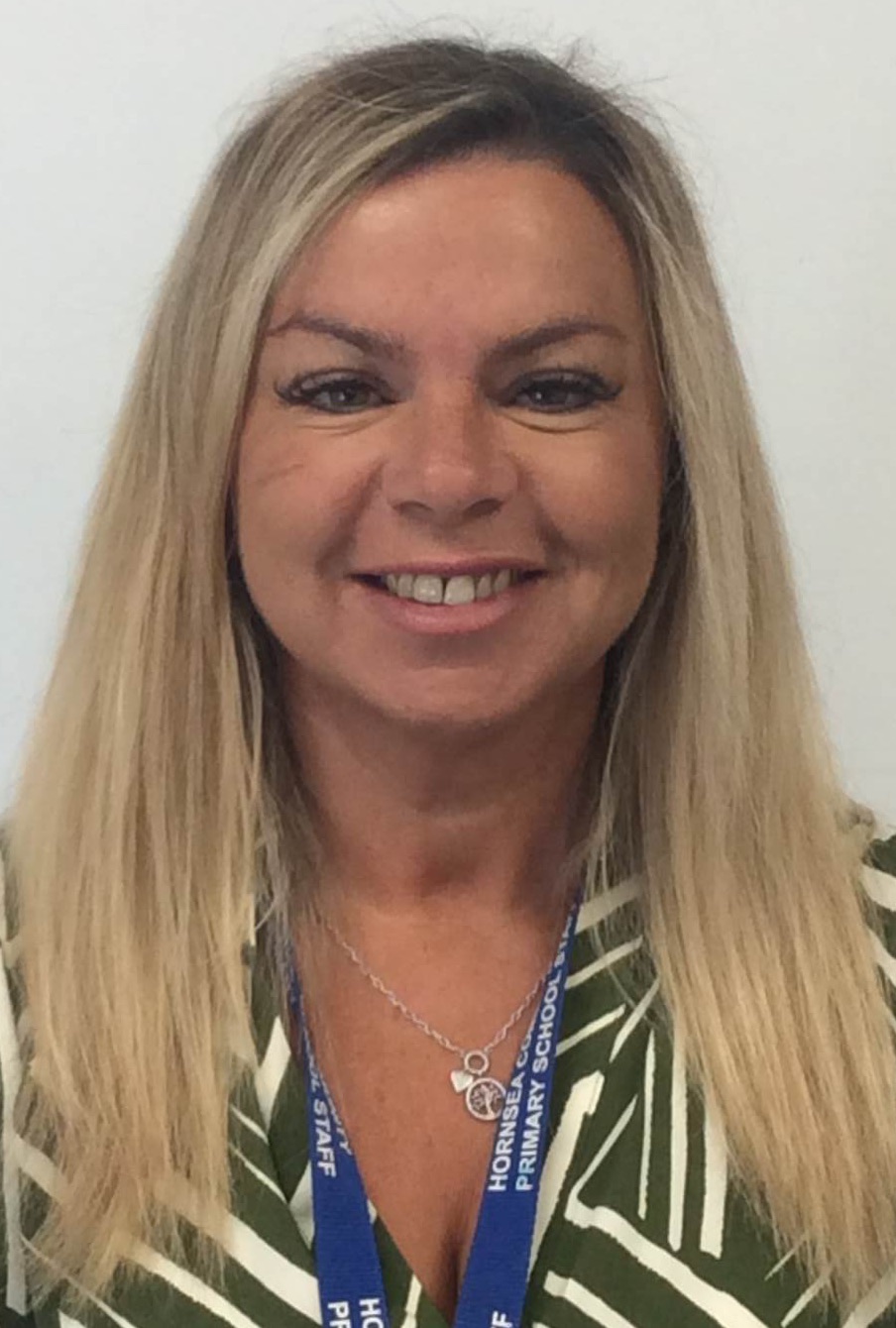Geography
HCPS Geography Progression Document HCPS Geography Long Term Plan
Geography is led by Mrs K. Ripley.
 |
| Mrs K.Ripley |
The study of geography is about more than just memorising places on a map. It's about understanding the complexity of our world, appreciating the diversity of cultures that exists across continents. And in the end, it's about using all that knowledge to help bridge divides and bring people together." – Barack Obama
We aim to ensure that our pupils understand the relationship between the Earth and its people and are provided a means of exploring, appreciating and understanding the modern world in which they live, how it has evolved and the challenges it faces. The school wants to expand the horizons of our pupils from a small largely mono-cultural town to global citizens, whose understanding shows a greater awareness of the world around them.
Intent
At our school we aim to provide a geography curriculum that is interesting, exciting and inspiring and which also meets the needs and abilities of all children. Geography helps us understand our world! It explores the interaction of the physical world and human and biological systems, and considers how the world has changed over time. It helps us to understand how different parts of the world work and how they are all interconnected. Our curriculum aims to capture children’s imagination and inspire curiosity in all aspects of geography, and to develop children’s confidence, thoughtfulness, questioning and research skills. Children will improve their awareness of local areas and the wider world and will begin to see connections that make our small part of the world global. We will use the study of Geography to expand our pupil’s perspective and be ready to join the wider world.
Implementation
Knowledge is still at the heart of the revised geography curriculum with a focus on trying to make meaningful connections so that children ‘know more and remember more’. This is not only important for the children but also the staff who are teaching geography. Throughout their time at primary school children will have to learn about a constantly changing world. The aim is to make this engaging, enlightening and something in which everyone can succeed.
Knowledge organisers have been prepared so that both children and staff can see where they have been and also where they need to get to. As a school, one of our main areas for focus has been vocabulary. Knowledge organisers help to ensure that there is a consistent high standard surrounding geographical vocabulary. Organisers can also be used to aid those children who would benefit from pre-learning either at home or in school-based intervention.
We have prioritised an interactive and informative assessment process through focused questioning, open – ended discussion and quality children’s work. Our final aim is to ensure that geography is the primary focus during any geography topic.
There has also been careful consideration into the curriculum as a means of progression. In practise this means:
- Carefully sequencing the curriculum so that children can build their understanding of pre-existing knowledge
- Exploring digital technologies as mapping becomes increasingly digital
- Ensuring that substantive concepts underpin our curriculum.
Substantive concepts
Our Geography ‘Golden Threads of Learning’ such as ‘coast’ or ‘climate’ are embedded through topics in every year group and act as the connective tissue that helps to tell the story of our curriculum, allowing greater coherence, connections and progression. The substantive concepts taught within each topic are mapped out onto our knowledge organisers along with questions to get children thinking and talking. Adults and children can refer to them in order to help build a dialogue surrounding geography and make valuable links between areas of study
|
Coast |
Human Features |
Physical Features |
|
Conservation |
Climate |
Tourism |
Impact
Impact will be seen topic specific books that follow children through school. This will enable us as a school to ensure that progress is evident and easy to see. Cross-curricular writing will also be used in English books ensuring geography is alive across the curriculum. We hope to evidence a broad and balanced geography curriculum and demonstrate the children’s acquisition of identified key knowledge. Children will review the ‘sticky knowledge that has been identified and are actively encouraged to identify their own target areas, with support from their teachers. Children are also asked what they have learned comparative to their starting points at the end of every topic.
Emphasis is placed on analytical thinking, questioning and fieldwork that will give the children a great foundation from which to explore the wider world. They will become more aware of current issues in geography and understand the need to respect and care for the Earth. Children will be inspired to have a positive view of the world and will be interested and involved in the Earth’s future.




